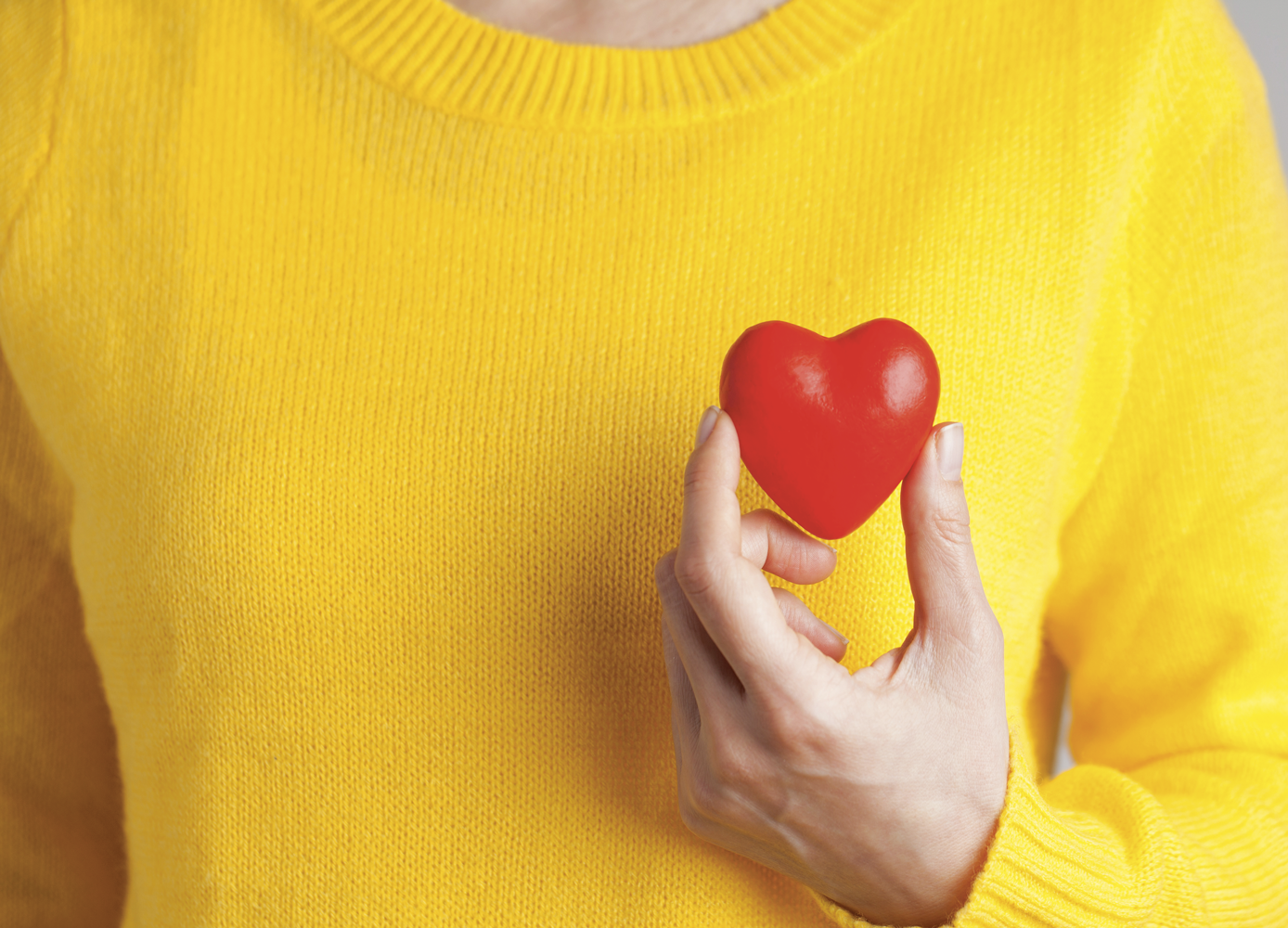According to a recent study, women’s mental well-being soars after they quit drinking
Photo: iStock/fergusowen.
With so many studies touting the health benefits of drinking beer and wine in moderation, moderate drinking seems to fit into a healthy lifestyle. We hear a lot about wine being rich with antioxidants and about how it can protect your heart, and how beer is rich with protein and B vitamins, but is alcohol good for your mental health?
A new study based on analysis of the health records of more than 10,000 non-drinkers and moderate drinkers from Hong Kong and 31,000 from the United States says no, and especially not for women.
“We found that lifetime alcohol abstainers reported the highest level of mental well-being,” wrote the authors of the study, which published recently in CMAJ (the Canadian Medical Association Journal). That finding was true regardless of gender.
Among drinkers who quit later alcohol, women—but not men—reached the highest levels of mental well-being reported by abstainers with four years.
“It is possible that alcohol-related neurotoxicity reverses following abstinence. Alcohol cessation may also reduce stressful life events, such as conflict within family, difficulties in employment and legal troubles, resulting in improved mental well-being,” authors theorized. “It is also possible that improved mental well-being may result from the psychological benefits of ‘giving up.’”
“Our findings […] suggest caution in recommending that moderate drinking could improve health-related quality of life,” they wrote, noting that according to their data, persistent moderate drinking wasn’t found to correlate with better physical health and mental well-being.
The study did not, however, provide a theory as to why women tended to see more benefits than men after quitting.
Dr. James C. Garbutt, a psychiatry professor at the Bowles Center for Alcohol Studies at the University of North Carolina, told NBC’s TODAY it may be because women are more sensitive to alcohol, while men tend to tolerate larger amounts better.





